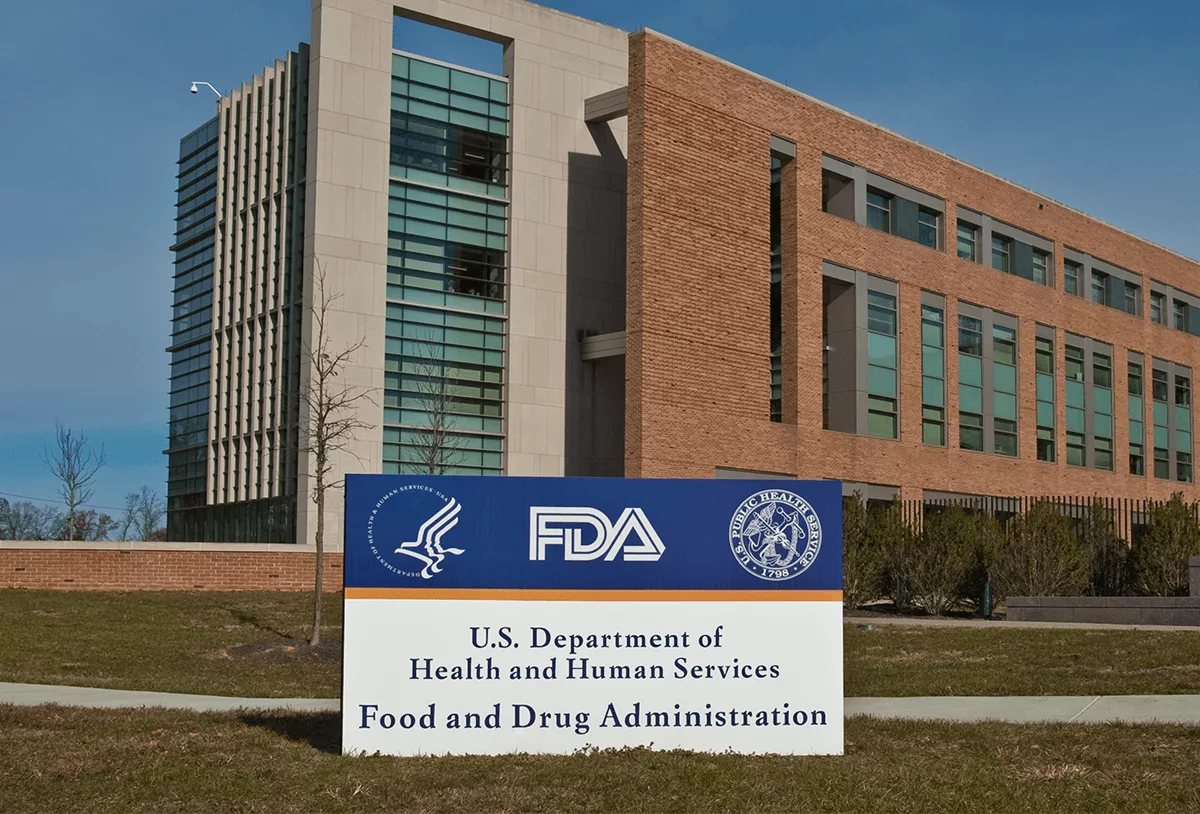Awhile back, I was in the airport talking with a gentleman about the Food and Drug Administration drug-approval process.
He worked for a human pharmaceutical company and complained that human medications, unlike animal drugs, require rigorous scrutiny.
In fact, the FDA requires that animal medicines go through the same type of review process as do human medicines. So you can imagine, once I told him I was a veterinarian, that I was quick to share the facts.
That exchange inspired me to share those facts with you, too.
Drugs for animals not only have a rigorous FDA approval process similar to human drugs regarding safety and efficacy in the animal, but the FDA performs additional studies on drugs for food-producing animals not required for human drugs. This is to be sure meat, milk and eggs are safe for us to consume, and the drugs are safe for the environment.
U.S. government authorities and scientists at the Center for Veterinary Medicine, the branch of the FDA that regulates the manufacture and distribution of animal drugs, performs a stringent, science-based regulatory review.
For those interested in the details of the process, the FDA breaks down the path a drug must take from idea to marketplace. Here are the basic steps:
- The drug sponsor, usually an animal health company, performs extensive field and laboratory studies to evaluate the safety, effectiveness and quality of the medication. Effectiveness studies include assessments for dose, frequency, duration and administration.
- The drug sponsor submits study results with an application to the FDA/Center for Veterinary Medicine which determines if the new drug is acceptable for approval.
The application has several major technical sections needing completion:
- Animal safety – Design and review studies to be sure the drug is safe for the animal.
- Effectiveness – Conduct field studies using animals that have the disease or condition the medication is to address to show that the drug works for the intended purpose when following label instructions.
- Human food safety (residues and resistance) – For medications intended for food-producing animals, conduct required studies to determine withdrawal periods, so federal authorities can ensure meat, milk and eggs are safe for human consumption. For antibiotics, assess the potential resistant bacteria in the food product and whether it could affect public health.
- Chemistry, manufacturing and controls – List ingredients and their source; packaging; storage conditions and length (which helps determine expiration dates); and ensure consistent strength, quality and purity in manufacturing.
- Environment – Assess the environmental impact if required.
After submitting technical information and scientific studies, drug sponsors submit any other published studies, a proposed label and information about the drug if approved for use in countries outside the U.S.
The large amount of information submitted is called a dossier. A Center for Veterinary Medicine team that includes veterinarians, animal scientists, biostatisticians, chemists, microbiologists, pharmacologists and toxicologists reviews the dossier. If the team agrees the drug is safe and effective, the FDA approves the application and the drug sponsor can put the drug on the market.
This entire process, intended to ensure public health, can take more than a decade and cost millions of dollars. But now you know that every drug on the market, antibiotics included, has undergone FDA’s intensive approval process.
In closing, it’s important to note that antibiotics are one of many tools, such as vaccines, nutrition, ventilation and housing, that are important to promoting animal health. But animals can still get sick. As with people, when they’re sick with a bacterial infection, they can suffer if not treated. And in those cases, using antibiotics is still the ethical thing to do.
I welcome your thoughts and questions. Please feel free to send me an email at AskDrDorman@pahc.com or call me at 844-288-3623. You can also browse our Resource Library to learn more about this important topic.
